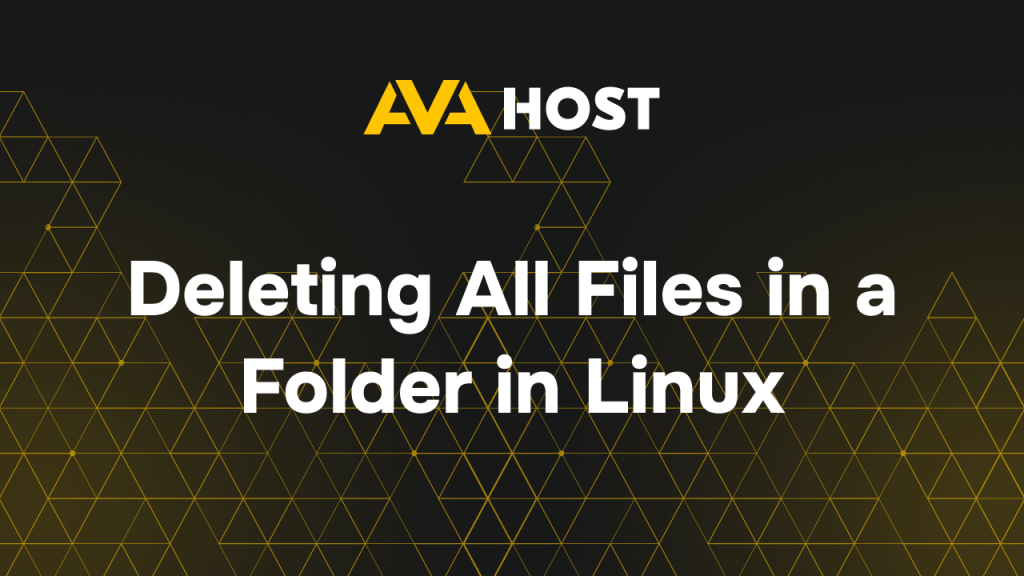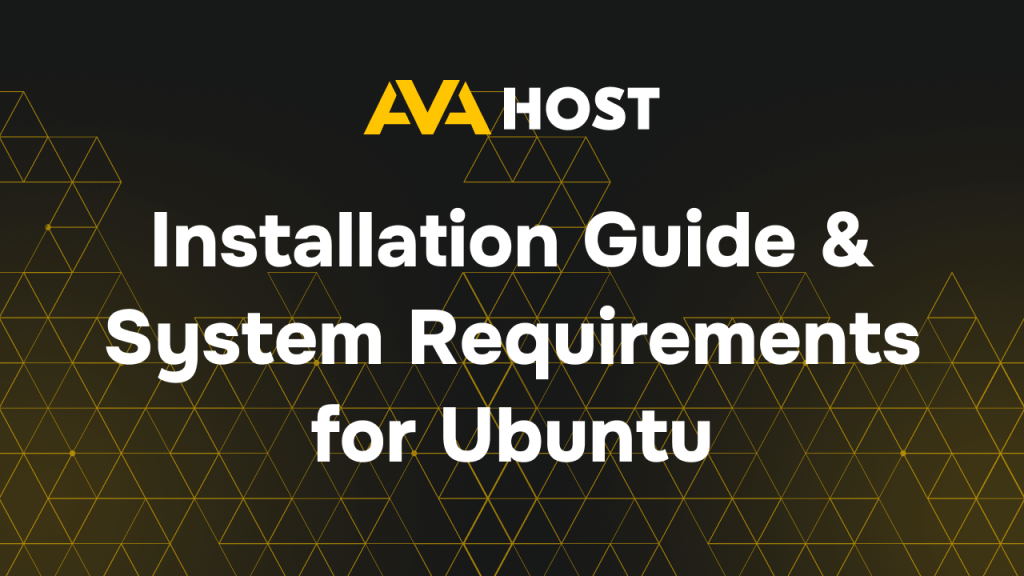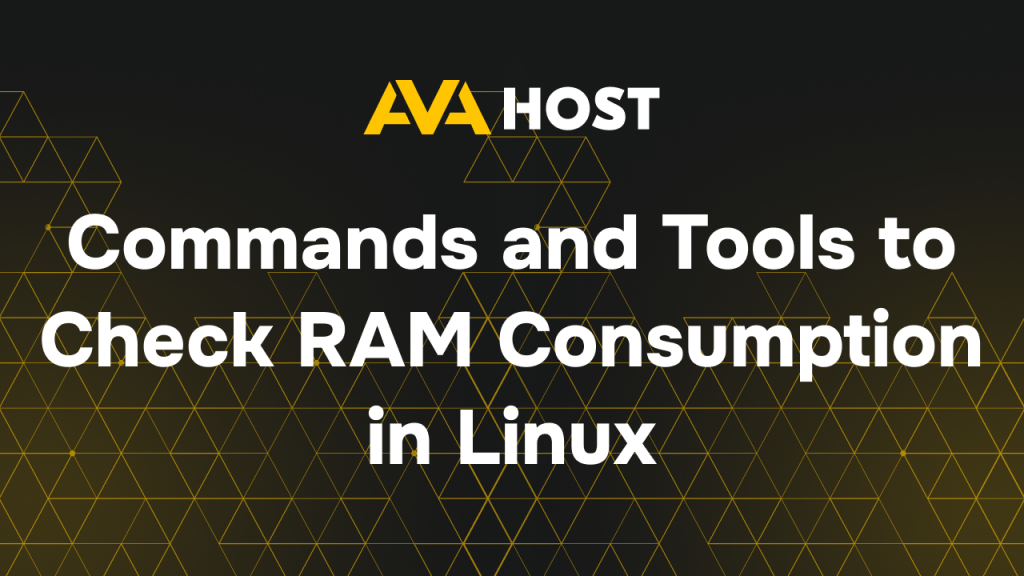Linux VPS

Deleting all files in a folder in Linux is a common task for system administrators and developers. However, it must be done carefully to avoid unintentional data loss. In this guide, we’ll explore different methods to delete all files in a directory in your VPS, along with safety precautions to follow. Understanding File Deletion in […]

Ubuntu is a popular Linux distribution known for its ease of use, security, and robust performance. This guide provides step-by-step instructions for installing Ubuntu, along with system requirements and essential post-installation setup tips. System Requirements for Ubuntu Before installing Ubuntu, ensure your system meets the minimum and recommended hardware requirements. Minimum System Requirements: CPU: 2 […]

Ubuntu provides multiple package management tools, allowing users to install and remove software efficiently. Whether you are using APT, DPKG, or Snap, here’s how you can remove packages in Ubuntu server. 1. Removing Packages with APT APT (Advanced Package Tool) is the most common way to manage packages in Ubuntu. Uninstall a Package To remove […]

Monitoring RAM (Random Access Memory) usage is a key part of maintaining a stable and high-performing Linux system. Whether you’re running a local workstation or managing a production server, high memory usage can lead to performance drops, application crashes, or system instability. In this article, we’ll cover the most useful commands and tools to check […]

Creating shared folders in VMware is essential for efficient file exchange between the host machine and a guest operating system (VM). Whether you’re managing complex development environments, running Linux/Windows guests, or automating builds, shared folders streamline your workflow. This guide covers advanced setup and troubleshooting techniques for both VMware Workstation Pro and VMware Fusion. Step […]

Node Version Manager (NVM) is a popular tool for managing multiple versions of Node.js on a single machine. It simplifies the process of installing, updating, and switching between different Node.js versions, making it an essential tool for Node.js developers. If you’re using Ubuntu, the installation of NVM is quick and easy. This guide will walk […]

How to Install CloudPanel on an Ubuntu/Debian VPS with AvaHost CloudPanel is a lightweight, open-source control panel optimized for performance, ideal for managing web applications on an AvaHost VPS. This guide simplifies installing CloudPanel on Ubuntu 20.04/22.04 or Debian 10/11, with practical examples and tips for a secure, efficient setup. Introduction CloudPanel offers a modern, […]

How to Install ClamAV on Linux ClamAV is an open-source antivirus software that helps detect malware, viruses, and other malicious threats on your Linux server. In this guide, we’ll walk you through the steps of installing ClamAV on a Linux system, ensuring that you can scan files and keep your system secure. Step 1: Update […]

VMware Workstation Player is a popular virtualization tool that allows users to run multiple operating systems on a single Linux machine. It is widely used for testing and development purposes. This guide will walk you through the installation process step by step. Prerequisites Before installing VMware Workstation Player, ensure that: Your Linux distribution is up […]

How to Create a MongoDB Instance on a VPS Deploying MongoDB on a Virtual Private Server (VPS) gives you complete control over your database infrastructure—ideal for developers, startups, and organizations prioritizing performance, flexibility, and data sovereignty. This guide will walk you through the advanced steps to install, configure, secure, and optimize MongoDB on a VPS. […]

